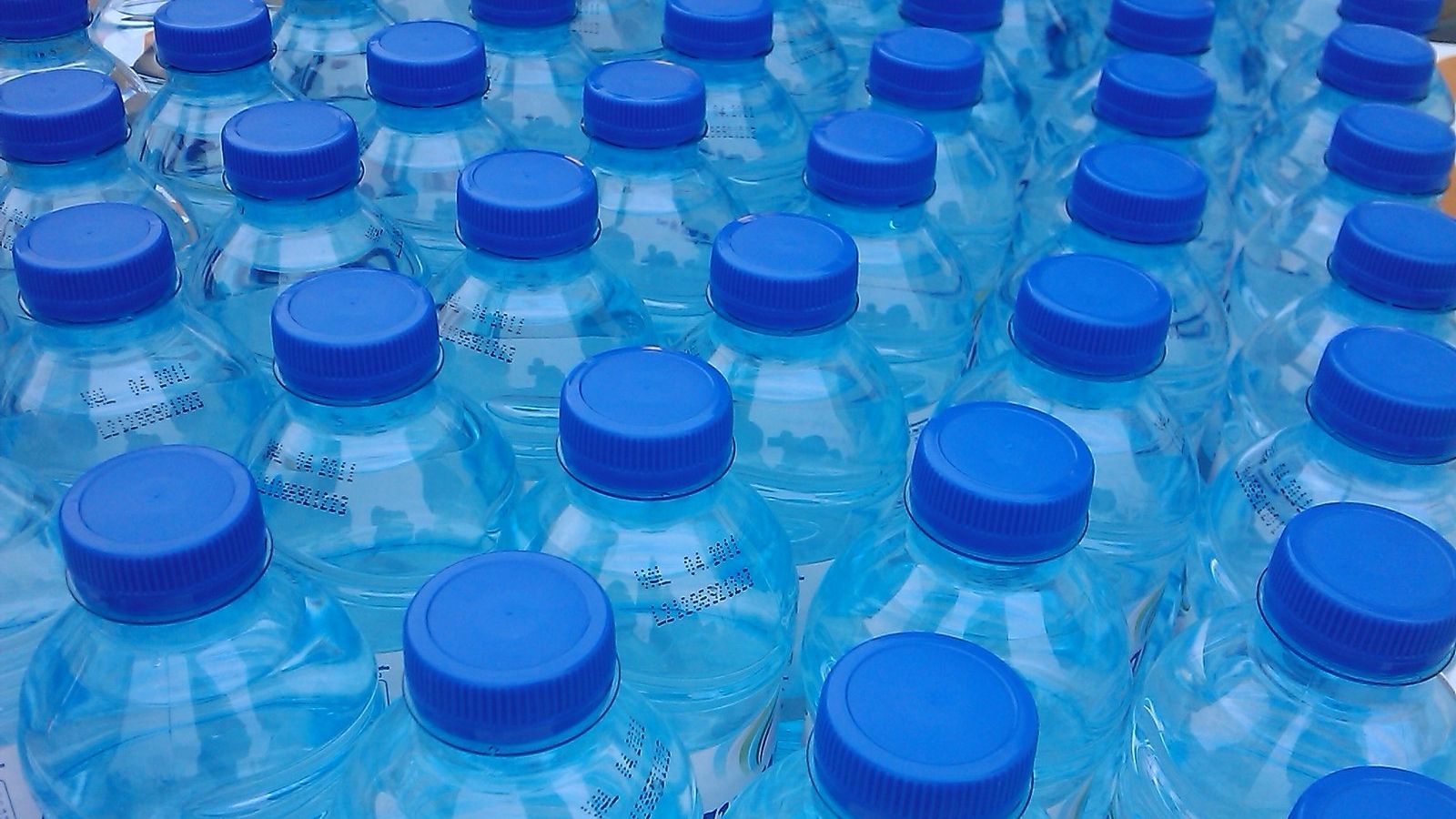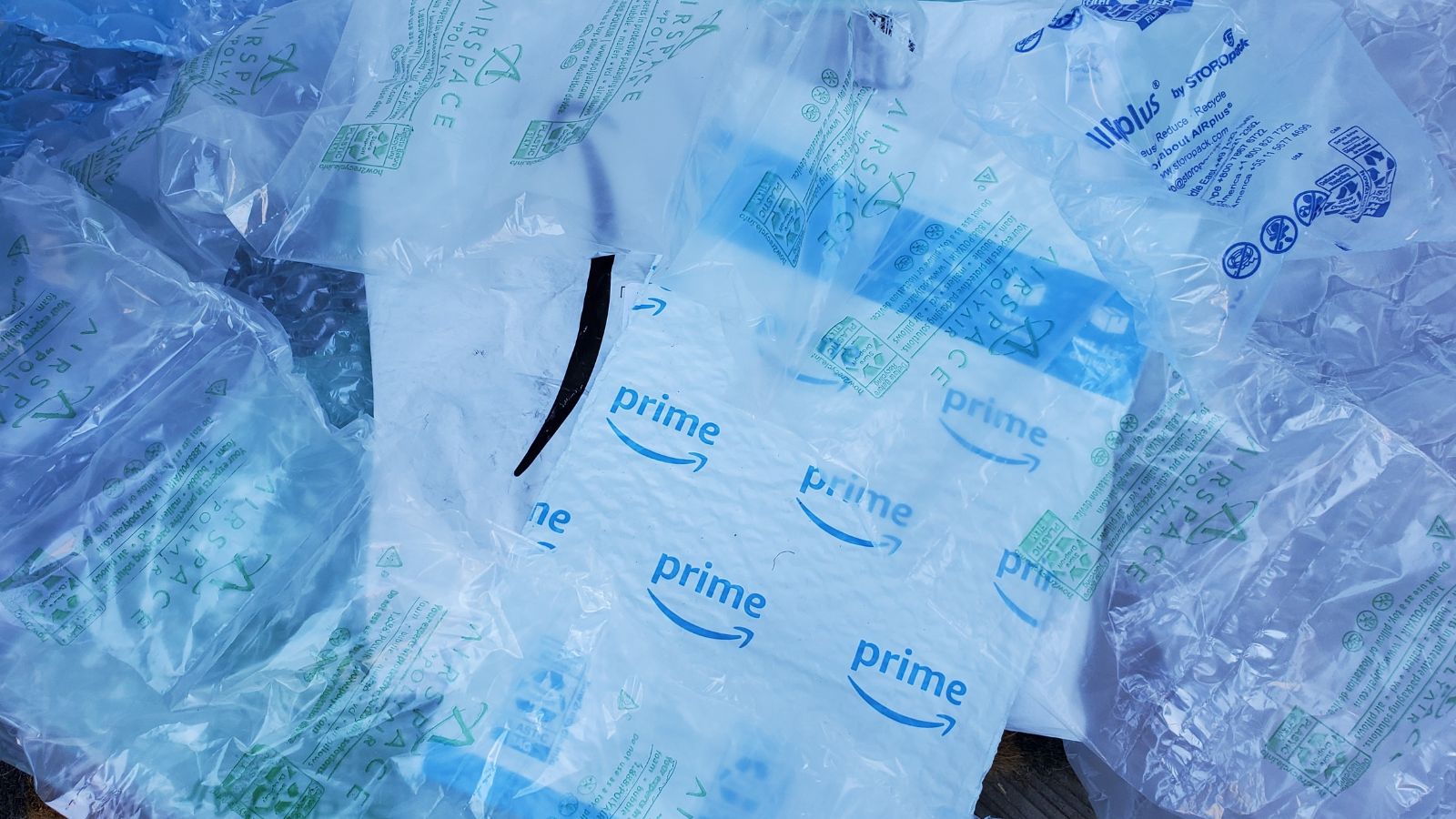How the REDUCE Act targets our most wasteful products
Sen. Whitehouse and Rep Suozzi introduced legislation targeting new single-use plastic production.

Single-use plastic is an enormous problem. Every 15.5 hours, Americans throw out enough to fill the Dallas Cowboys’ AT&T Stadium, the largest NFL stadium in the country, and the pile grows larger every year. The REDUCE Act, introduced by Sen. Whitehouse and Rep. Suozzi provides a clear way to address the production of new plastic to make single-use items. Here’s how it works:
The legislation places a fee on single-use items made from new plastic. These items could include plastic bags, utensils, straws and water bottles. Medical supplies and feminine hygiene products, and durable products from car seats to wind turbines, are exempt from the fee. By increasing the cost to make these items from new plastic, the REDUCE Act incentivizes using recycled plastic material as a relatively less expensive alternative.
Making less new plastic is a good thing. As our nation shifts away from fossil fuels to more sustainably powered vehicles and energy sources, the oil industry has latched onto plastics as the last growth market. By 2050, the plastics sector could account for 20 percent of global oil consumption. That’s precisely why the oil industry is so troubled by the REDUCE Act.
The plastic industry has already suggested that the REDUCE Act will impact all plastic products, including solar panels, electric vehicles, wind turbines, home insulation and water infrastructure. This is false: The REDUCE Act specifically would exempt those products. In truth, plastic producers do not want to pay more to produce their wasteful single-use plastic products, despite spending hundreds of thousands of dollars placing misleading advertisements in the Washington Post and the New York Times.
Right now, we all pay for the burden of single-use plastic. Incinerator emissions from single-use plastics spew heavy metals and mercury, a neurotoxin that impairs brain function, as well as cancer-causing pollutants like dioxin, one of the most toxic substances known to humanity. On average, every week, Americans ingest a credit card worth of plastic. Our health and our environment are negatively impacted by single-use plastics and we need to take action to address this growing public health problem before it gets worse.
U.S. PIRG co-authored a statement, signed by 20 environmental organizations, in support of the REDUCE Act. We delivered the letter to Congress last week when Rep. Suozzi introduced the act in the House. By supporting legislation that addresses upstream plastic production and incentivizes the use of recycled plastic, we can take action to tackle our plastic pollution problem.
Topics
Authors
Juliana Clejan
Find Out More

Ditch plastic packaging: Shop at your local refillery

Turning plastic waste into plastic lumber isn’t recycling

Our 2024 priorities in the states

